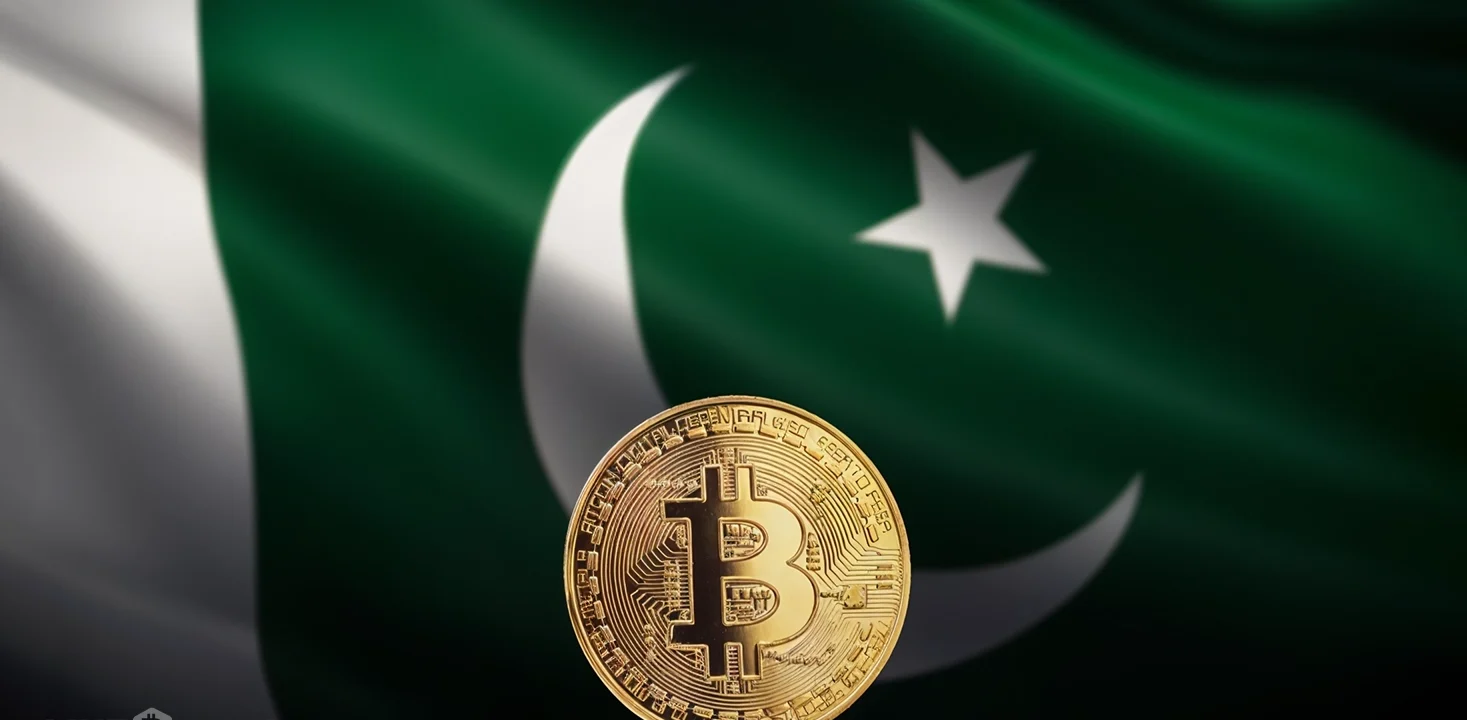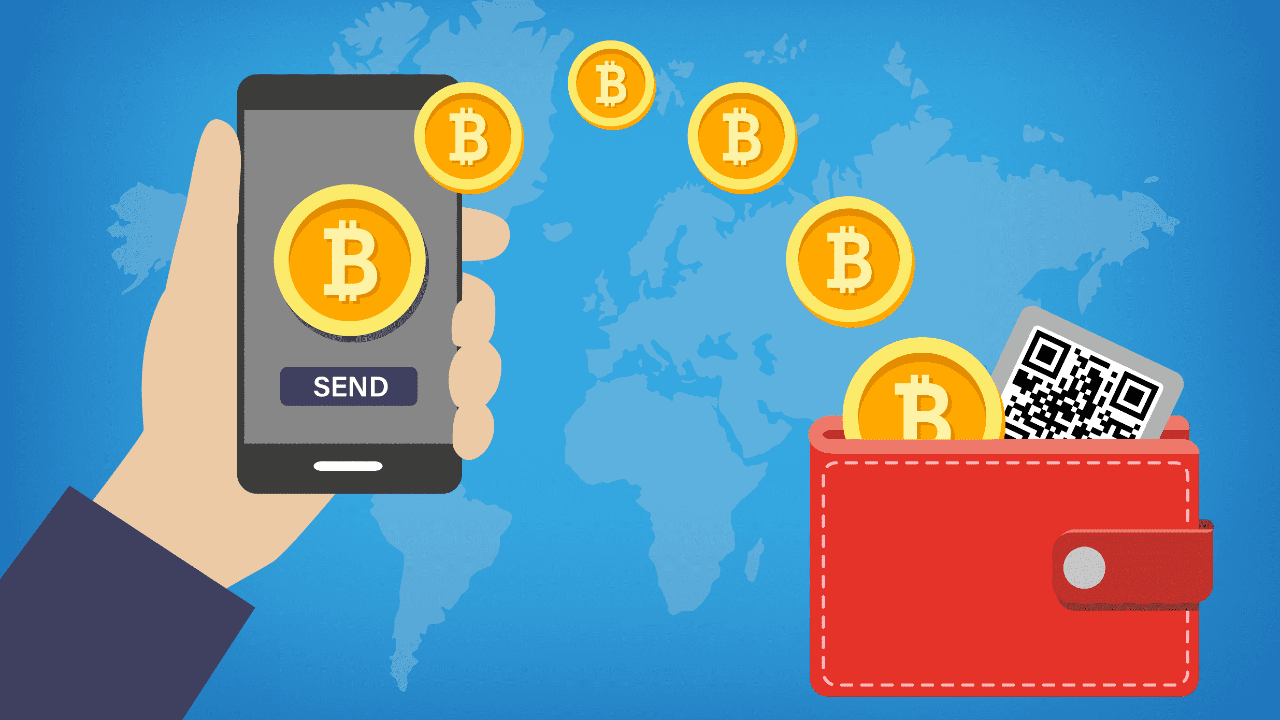Pakistan’s newly constituted Crypto Council will meet in Islamabad on June 2, 2025, to examine a comprehensive set of digital currency policies that could impact blockchain adoption and cryptocurrencies in the country. This much-anticipated meeting signals a strategic shift for Pakistan from careful observation to intentional participation in the digital asset market. This meeting will establish a clear legal framework for cryptocurrencies, which are increasingly dominating worldwide financial systems. Consumer and investor protections, crypto exchange licensing, legal regulation of crypto transactions, and national financial institution blockchain harmonization are key areas of study. The June 2 summit has the potential to establish Pakistan as a South Asian digital banking hub, extending beyond just policy discussions.
Crypto Policy Framework Development
The June 2 meeting’s agenda should include several economic and regulatory aspects as well. Early observations from government sources indicate that the PCC would assess and maybe create a national framework that provides legal clarity on crypto operations, specifies how blockchain technology can be included across sectors, and handles tax and compliance difficulties. Furthermore, the Council expects to prioritize consumer protection systems.

The Council seeks to reduce risks for common investors given the unpredictable character of crypto assets by means of safe access to digital wallets, stablecoins, and DeFi (decentralized finance) systems. Most likely, the council’s proposals would include guidelines for the licensing of wallets, custodians, and bitcoin exchanges, as well as policies. Another important issue could be Pakistan’s investigation into crypto mining prospects, especially in connection with extra power generation. The government is allegedly assessing whether Bitcoin mining could be a profitable economic activity in underused rural networks, where otherwise squandered energy resources could be utilized.
Crypto control might be revolutionary for Pakistan, a nation striving to modernize its economy amid inflation and a growing young population. By allowing a safe and compliant environment for digital finance, local innovation can be encouraged, international investment drawn in, and fresh paths for financial inclusion opened. Blockchain-based financial products—including microloans, smart contracts, tokenized remittances, and peer-to-peer sale platforms—stand to benefit Pakistan’s estimated over 100 million unbanked population.

Legalizing and controlling cryptocurrencies also provides local choices for safe digital asset management, thereby helping to lower capital flight. Blockchain has uses beyond money. Its importance in digital identity management, agricultural logistics, and supply chain openness might fundamentally change the Pakistani government and service delivery. Setting the regulatory tone for the June 2 meeting could help create the foundation for such cross-sector projects.
Challenges to Crypto Adoption
Although the future of digital money appears promising, numerous challenges exist that hinder its acceptance. To prevent compromising Pakistan’s international financial situation, the council has to make sure that any regulatory system follows Financial Action Task Force (FATF) guidelines. Furthermore, raising public knowledge and literacy on blockchain and cryptocurrencies is crucial for avoiding fraud, false information, and technical misconceptions. Crucially, coordination among provincial governments, law enforcement agencies, and the business community is essential. Tax rules, regulatory overreach, or implementation delays might drive investment or innovation underground.
Final thoughts
The June 2 conference is a statement of intent rather than only a policy debate. Should the Pakistan Crypto Council create a safe and innovative regulatory framework, it might improve the nation’s profile in the world’s digital economy. Crucially, there will be the participation of professionals and the inclusion of many stakeholders’ opinions. Additionally, it aligns with global best practices. After this conference, the PCC will conduct public discussions and invite foreign advisory groups to enhance its proposed policies. As the world of digital assets develops, countries like Pakistan find themselves at a crucial juncture. Through careful control, the country may present itself not only as a participant but also as a regional leader in blockchain innovation.









